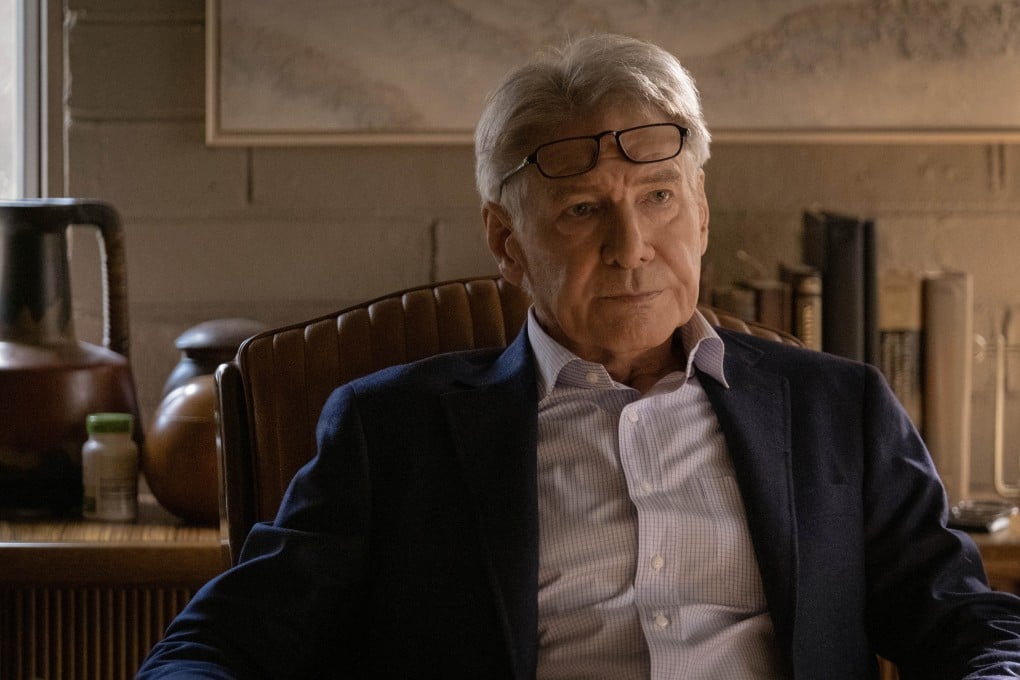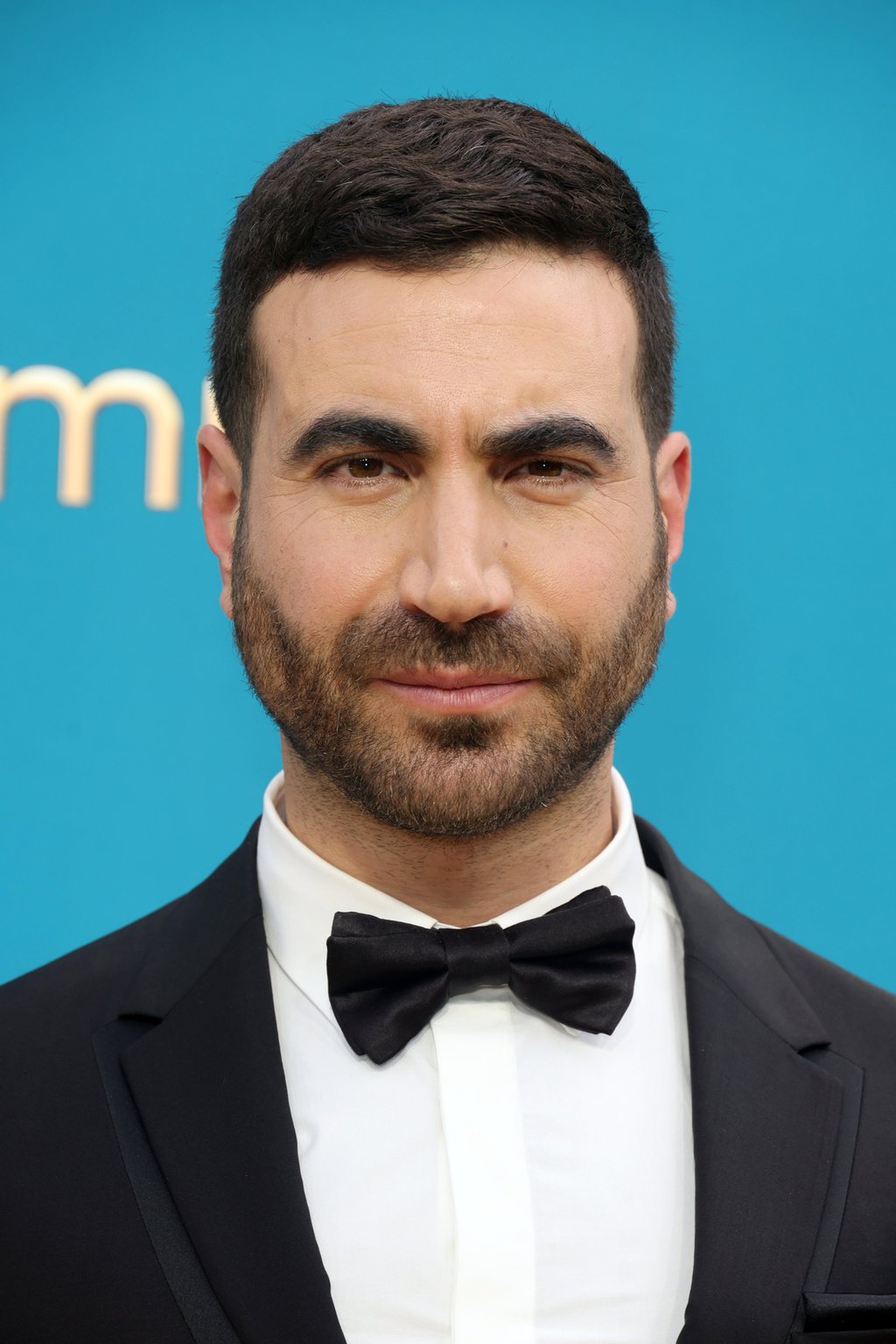Advertisement
Harrison Ford shows ‘genuine comedy moves’ opposite Jason Segel in Apple TV+’s Shrinking – creators reveal how they lassoed Indiana Jones star
- From the minds behind Emmy-winning Ted Lasso, Shrinking, which debuts this month on Apple TV+, is about a therapist who’s brutally honest with his clients
- The creators talk about the Star Wars actor’s comic turn as the protagonist’s boss, how they got him and why therapy is a ‘great tool’ for character development
Reading Time:3 minutes
Why you can trust SCMP

Care to watch Indiana Jones get high?
That throwaway teaser – though entirely accurate – is but one reason to tune into Shrinking, a new dramedy series (premiering January 27 on Apple TV+) from the delightfully askew minds who conjured up the hit show Ted Lasso.
But don’t look for many direct parallels between the two shows, one an Emmy-winning series about a hapless American football coach wrangling a British soccer team, and the other a new comedy about a filter-free therapist (Jason Segel) in the grips of debilitating grief.
Advertisement
“If there’s any similarity between the two shows, it’s that both are about people you hopefully want to spend more time with,” says Shrinking co-creator Brett Goldstein, who was a writer on Ted Lasso and won an Emmy last year for his role as cantankerous but loveable footballer Roy Kent.

“There’s mainly a consistency of vibe and an acknowledgement that things are rough, but we’ll figure it out. We may go darker than Ted Lasso, but what underlies them both is a hopefulness,” Segel adds.
Advertisement
Advertisement
Select Voice
Choose your listening speed
Get through articles 2x faster
1.25x
250 WPM
Slow
Average
Fast
1.25x